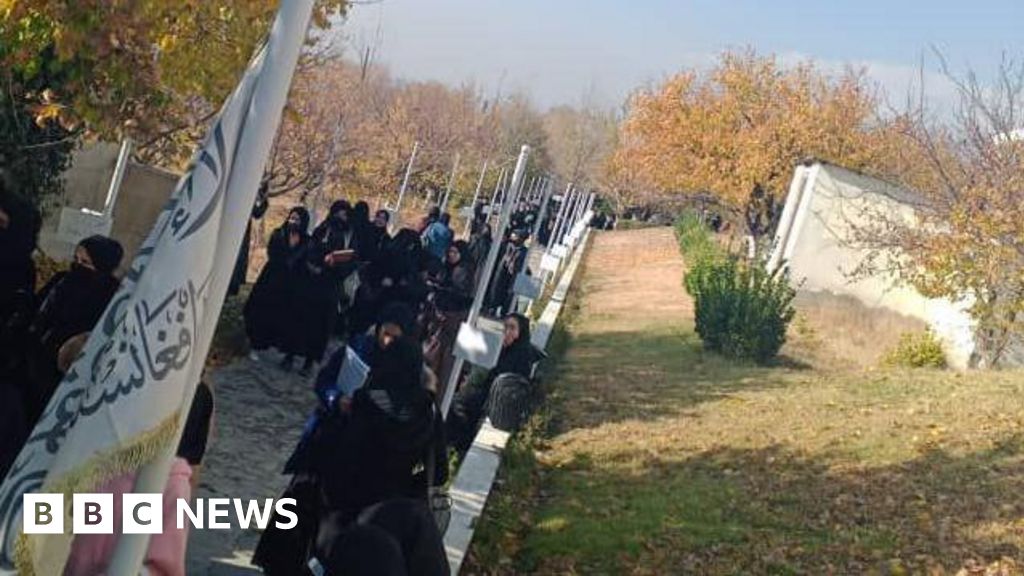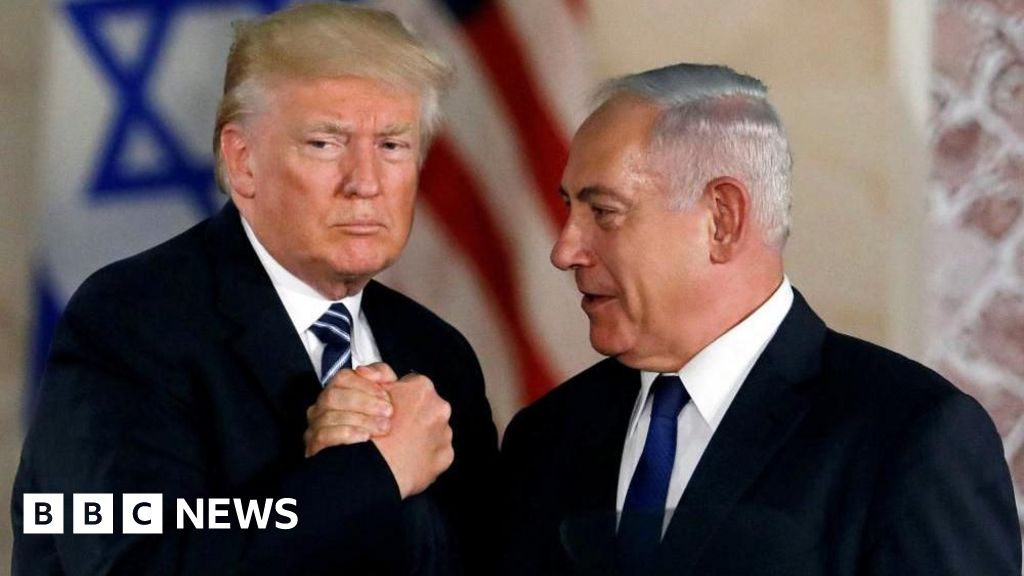UNITED NATIONS, Oct 16 (IPS) - The next round of the polio vaccination campaign in Gaza, a major undertaking for health partners, began on October 14, as continuous attacks and strains whittle down the healthcare and humanitarian systems.
This Monday, October 14 marked the start of the second round of the polio vaccination campaign in Gaza. This follows the relatively successful first round of vaccinations, which ran from September 1-12 and ended up immunizing over 559,161 children aged ten years or younger. The second round of vaccinations will provide an estimated 591,700 children with a crucial second dose of the nOPV2 vaccine.
The United Nations (UN) and the World Health Organization (WHO) have urged Israeli authorities for a humanitarian pause, allowing for immunization efforts to run smoothly. However, continued attacks in the Gaza Strip have threatened to impede relief efforts and have put the lives of aid workers in danger.
"We cannot vaccinate children under a sky full of bombs. All parties to the conflict must respect the agreed-upon humanitarian pauses to allow the roll-out of this campaign", said the United Nations Relief and Works Agency for Palestinian Refugees in the Near East (UNRWA).
On Monday, the UN reported airstrikes on a school-turned-shelter in Nuseirat and a hospital courtyard in Deir Al-Balah, the latter of which set multiple tents on fire. Images and video footage shared by UNRWA showed aid personnel searching through rubble for survivors, as well as retrieving charred bodies from tents. Approximately 20 people were killed in this attack and vaccination efforts at the school were halted.
"We miraculously survived, the fire caught everywhere, even the tent where we were sleeping burnt. This is just one of many incidents that we've had overnight in the Gaza Strip. These are people that are just sheltering. They're just trying to find somewhere to sleep trying to find some safety in the Gaza strip where there absolutely is none", said Louise Wateridge, a spokesperson for UNRWA.
Repeated evacuation orders issued by the Israeli Defense Forces (IDF) have also put a strain on vaccination efforts. Muhannad Hadi, the UN's top aid official in the Occupied Palestinian Territory, confirmed that over 50,000 people have been displaced from the Jabaliya camp due to evacuation orders on October 7, 9, and 12.
According to the World Food Programme (WFP), the most difficult areas to vaccinate are the northern regions of Gaza, where food deliveries have been halted since October 1. Additionally, further blockages have occurred in southern Gaza, in which all checkpoints leading north have halted the delivery of essential resources.
Despite these numerous access challenges, the second round of polio vaccinations is off to a promising start. In a statement by UNRWA, it was confirmed that roughly 93,000 children under ten years old have been immunized so far. Approximately 43 percent of children who have been reached received the second dose of nOPV2, along with a vitamin A dose in order to maximize overall immunity. Much like the first round of this campaign, the second round will consist of three phases, targeting the northern, southern, and central regions of Gaza. Each phase is set to consist of three days and an additional catch-up day.
Approximately 1,000 aid workers have been mobilized to assist in vaccination efforts and educational services. Additionally, assessments are being conducted by the UN to determine the scale of needs following Monday's attacks on the Al-Aqsa hospital in Deir Al-Balah. Tents, bedding, clothing, children's supplies, hygiene kits, and food are urgently needed.
WFP distributed the last of their food supplies in the north, where the hunger crisis has escalated significantly in the past two weeks. Canned food, high energy biscuits, and nutritional supplements have been distributed to displacement camps, bakeries, medical facilities, and kitchens. It is unknown how long these resources will last as restrictions on aid continue to tighten in northern Gaza.
IPS UN Bureau Report
Follow @IPSNewsUNBureau
Follow IPS News UN Bureau on Instagram
© Inter Press Service (2024) — All Rights ReservedOriginal source: Inter Press Service

 1 month ago
14
1 month ago
14









 English (US) ·
English (US) ·